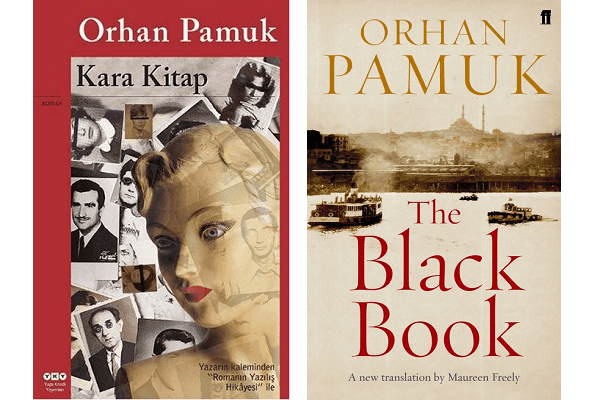

Such metafiction is familiar in Pamuk’s work, but in Nights of Plague, it is particularly intriguing, and makes the mysteries in the novel more obsessive, and demanding on the curious reader’s attentiveness.

Mingher is an inventive storyteller, and at the outset, in a preface, she says, “This is both a historical novel and a history written in the form of a novel.” She even professes familiarity with “Pamuk” in the course of the novel (for instance: “… fondness for museums is another interest I share with the novelist Pamuk”.) It is just one instance of the caution she advises against capsuling history in neat narrations, as her account, “from many different points of view”, deepens the story. Pamuk’s narrator, who introduces herself as the historian Mina Mingher, flags falsehoods and exaggeration in the report. But how is this story of Mingheria - of repression and revolution, of tradition and modernity, of disease and human nature, of nationalism and myth-making, of censorship and the liberating art of the novel - to be told? The couple are ostensibly on their way to China, but a combination of murder, intrigue and circumstance will make them integral to the island’s fortunes, and eventual independence. Listening carefully are Princess Pakize, niece of Sultan Abdul Hamid II, and her newly-wedded husband, Doctor Nuri Bey, a quarantine doctor.

The microbe that has caused devastation in different parts of Asia has hit the empire’s 29th state, and as he tells a select few of his fellow travellers on the ship headed eventually for China, “The situation is much graver than what is being written.” He underlines the secrecy of his mission by adding that the authorities in Istanbul and in Mingheria see the claims about a plague outbreak as “a political trap”. The Ottoman Empire’s Chief Inspector of Public Health and Sanitation, Bonkowski Pasha, is on his way to one of its states, the island of Mingheria, the “pearl of the Eastern Mediterranean Sea”. But in a coincidence (or feat of supreme writerly prescience, call it what you will), Pamuk also places a pandemic at the heart of the novel. That project continues apace, and with his latest novel, Nights of Plague - set primarily in the first decade of the 20th century in an imaginary land - he continues to pose questions for his country, and beyond. Almost two decades ago, and two years before the Turkish writer Orhan Pamuk won the Nobel Prize in Literature, Margaret Atwood defined his “longtime project” as “narrating his country into being”.


 0 kommentar(er)
0 kommentar(er)
